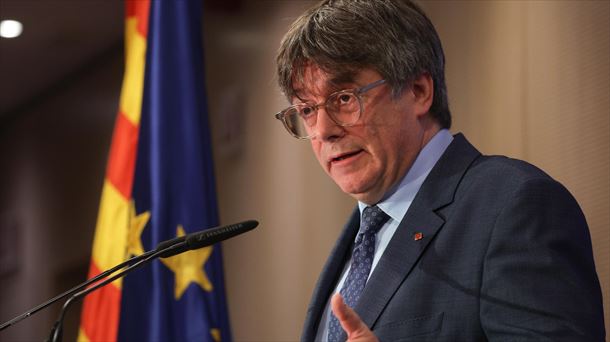A new round of negotiations on the controversial Mercosur pact is once again causing local farmers and environmentalists to take to the barricades. The deal could be finalised this year. The ÖVP also wants to counter this at the national level.
As reported, opponents of the trade deal had been given hope after France’s powerful President Emmanuel Macron described the proposed agreement as “very bad” during a visit to South America in March. But now the South American confederation is applying new enormous pressure: negotiators from the Union and Mercosur states will meet in the Brazilian capital Brasilia from September 4 to 6 to negotiate further details.
Criticism of the “Stone Age Pact”
“The trade agreement will be swept off the table this year,” fears Greenpeace boss Alexander Egit. Farmers’ association chairman Georg Strasser warns again: “This pact from the Stone Age is far from reality. A modern trade agreement must have as its main goal the protection of our markets and the competitiveness of domestic agriculture and forestry!”
There is nothing about this in the Mercosur trade agreement. A strong demand from the powerful farmer: the European Commission must set an example for our family farmers and put an end to these negotiations. The EU representative of the Farmers’ Association, Alexander Bernhuber, echoes the same sentiments. The active cattle farmer represents local farmers in parliament and has always opposed the deal there: “Anyone who is serious about our small-scale, sustainable agriculture must never agree to this trade agreement. We will do everything we can to ensure that this kind of fantasy does not happen again.”
Not least thanks to a broad campaign by the “Krone” and the courageous efforts of agricultural representatives, the political decision was made that Austrian representatives at EU level must always speak out against this damaging trade agreement. “We want to enshrine the no to Mercosur in the next government program,” Strasser and Bernhuber said combatively.
Meanwhile, Greenpeace reveals that all masks are now falling: “The German government wants to push through the catastrophic pact, from which the industry of our neighboring country in particular hopes to make large profits, against France and Austria.” Tafel. The media reported verbatim in their latest Agrifood newsletter: In Berlin, it cannot be ruled out that the negotiated Mercosur agreement will, if necessary, be concluded without the consent of the critical states, including France, the Netherlands and Austria. In fact, the export-oriented association of the machinery industry VDMA urges the Commission to “finally have the courage to advance the free trade agreements” – if necessary even against the will of France.
A procedural trick – splitting – is used for this. This would allow the vetoes of France and Austria to be easily circumvented. A democratic and environmental scandal! In plain language: the EU-Mercosur pact consists of two parts, one on trade and one on political agreements (the so-called ‘association agreement’).
Germany wants to change the ‘rules of the game’.
The two parts were negotiated on the basis of a joint negotiating mandate given to the Commission by the EU member states. The two parts were always intended as a common package and refer to each other in many places. Since the political part touches on national competences, the entire agreement must be decided unanimously. The fragmented trade part alone would fall under the competence of the EU. A majority would therefore be sufficient for a decision. In order to get the trade pact through, Germany wants to change the rules of the game and divide the agreement between the EU and Mercosur. The trade part could then be decided by a majority against the wishes of Austria and come into force. This would mean that European industry would shamelessly sell more cars and pesticides in South America, and that South American agricultural industry would sell more agricultural products such as meat, sugar and ethanol in Europe – with all the catastrophic consequences for the rainforest and the local farmers in the mountains.
Source: Krone
I am Ida Scott, a journalist and content author with a passion for uncovering the truth. I have been writing professionally for Today Times Live since 2020 and specialize in political news. My career began when I was just 17; I had already developed a knack for research and an eye for detail which made me stand out from my peers.



